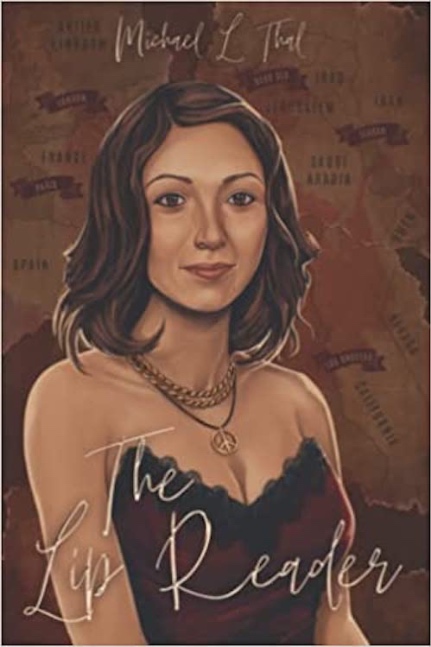- Home
- Book Trailer
- The Interview - Sara Bourgeois
The Interview - Sara Bourgeois
What inspired you to become a writer?
I've always been captivated by the power of storytelling. Whether it was through books, movies, or even conversations, I realized early on that storytelling has a unique ability to connect people and evoke emotions. This fascination led me to pursue writing as a way to share my own stories and hopefully make an impact on others.
How do you approach the writing process?
For me, the writing process is a blend of creativity and discipline. I usually start with brainstorming and outlining to organize my ideas, and then I dive into the actual writing. I try to establish a consistent routine, setting aside dedicated time each day to write, even if it's just for a short while. Revision is also a crucial part of my process, as I constantly refine and polish my work to ensure it's the best it can be.
What challenges do you typically encounter while writing, and how do you overcome them?
One of the biggest challenges I face is writer's block, which can strike at any time. When it happens, I find it helpful to step away from my work and engage in activities that stimulate my creativity, like going for a walk or reading something unrelated to my current project. Sometimes, simply changing my environment or writing in a different location can reignite my inspiration.
Can you share a bit about your favorite literary influences?
I draw inspiration from a wide range of literary influences, from classic authors like Shakespeare and Jane Austen to contemporary writers like J.K. Rowling and Haruki Murakami. Each author brings something unique to the table, whether it's their storytelling techniques, character development, or use of language, and I strive to learn from them and incorporate elements of their craft into my own writing.
What do you hope readers will take away from your work?
Ultimately, I hope my writing resonates with readers on a personal level and leaves them with a sense of connection, reflection, or even inspiration. Whether it's through a thought-provoking theme, a memorable character, or simply an entertaining story, I want my work to evoke emotions and spark conversations long after the reader has finished the book.
How do you handle constructive criticism and feedback?
Constructive criticism is an invaluable part of the writing process, as it helps me identify areas for improvement and grow as a writer. While receiving feedback can be daunting at times, I try to approach it with an open mind and a willingness to learn. I carefully consider each critique, weighing its merits and applying those insights to my revisions in order to strengthen my work.








